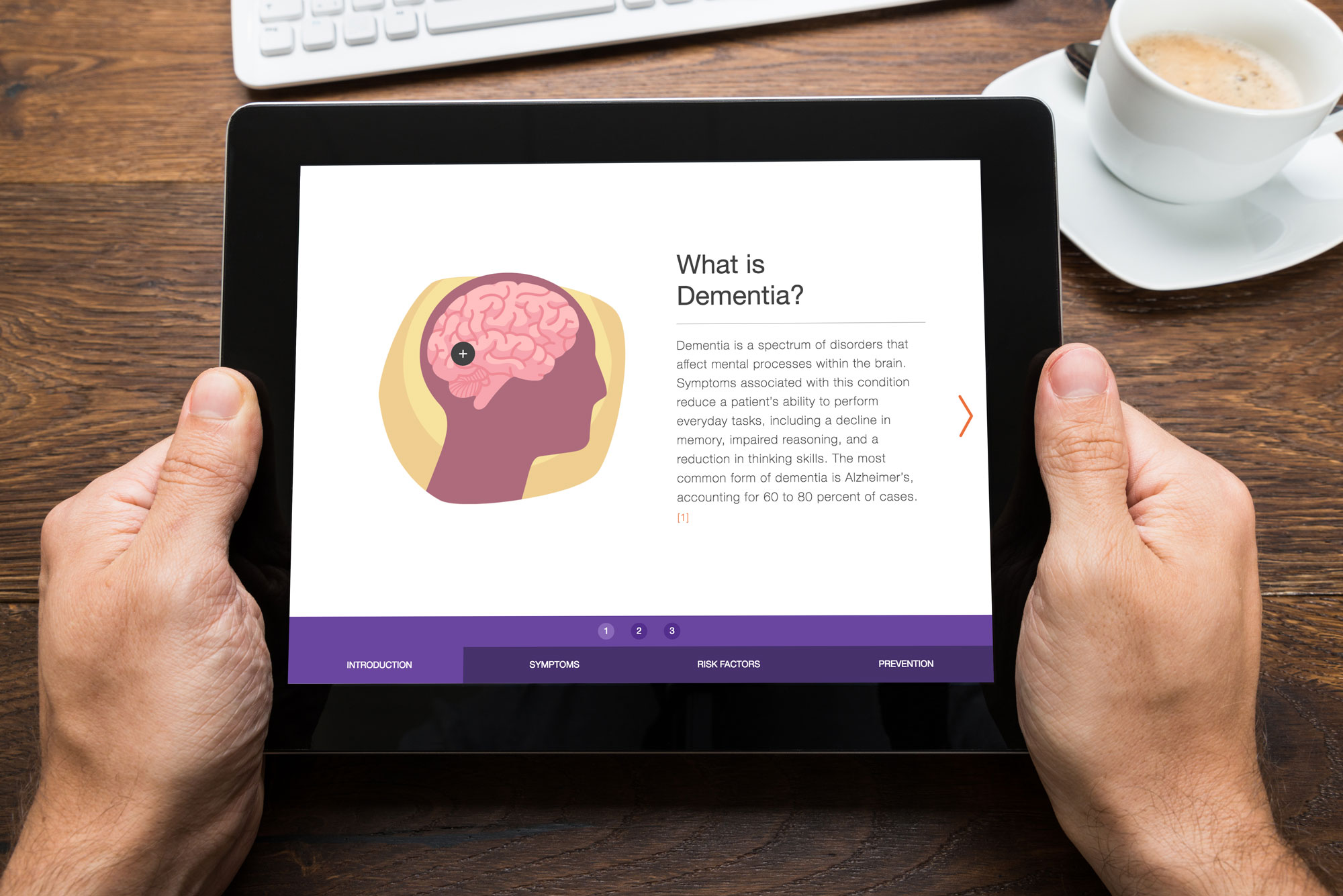Brazilian Researchers May Have Found a Way to Halt Alzheimer’s
The fact that over 44 million people worldwide, are currently affected by Alzheimer’s, means that we’re all in this together. No matter where you’re from, you want what is best for both you and your family.
As Alzheimer’s research continues to develop around the globe, this collaborative effort pushes us all in the right direction. Although we often hear stories close to home, a groundbreaking study is currently making headlines in South America.
Is it possible that scientists from the Federal University of Rio de Janeiro stopped the development of Alzheimer’s in animals? Here’s what they found, in addition to what their research means for all of us.
Brazilian Researchers Stopped the Development of Alzheimer’s in Animals
With each and every discovery, we get closer to the truth.
The ‘truth’ in this case, is a solution to Alzheimer’s — resulting in an effective cure.
In order to reach that point, researchers around the world have tirelessly studied all aspects of this disease, focusing on highly complex structures and interactions. After all, the human brain is still in many ways, a mystery.
In this recent study, the researchers shifted their attention to a specific protein, known as transforming growth factor beta 1 (TGF-beta 1). Naturally produced in the brain, it was discovered that the production of this protein diminishes with age.
The result?
A chain reaction of inflammatory responses, which then negatively affect neuron connections.
Once this was realized among their animal subjects, they were able to reduce some of their symptoms, recovering their short-term memory. As one of the researchers, Flavia Gomes, said, “What we did was made progress for mid- and long-term treatment. Although it’s a long road ahead, our work can certainly contribute.”
Here is a summary of the study itself:
- Studying mice affected by Alzheimer’s, the researchers placed these subjects in front of two identical objects. After removing one of these items, they replaced it with a different item in order to test their reaction.
- Of those with Alzheimer’s, they failed to react once an item was replaced. Once injected with TGF-beta 1, however, the mice appeared to remember the object. Once they recognized the item as foreign, they reacted to it.
Could the Early Stages of Alzheimer’s Be Reversed?
I think it’s important that we discuss the possibilities in terms of Alzheimer’s treatment. Although this is not a black and white concept, the truth is this:
**Although Alzheimer’s is not curable, it is somewhat treatable**
This is the reason why early detection is so critical. With a number of FDA-approved medications, in addition to general neural health strategies, the sooner a patient is diagnosed, the better.
In the future, the first cure will likely intervene, either halting or delaying the progress of degeneration — in comparison to regenerating new brain tissue. Then again, my guess is as good as yours. You never know what’s around the next corner in terms of science and medicine.
In terms of reversing Alzheimer’s, this is a subject that is still largely up for debate. A number of clinical trials have, in fact, shown that the symptoms of early Alzheimer’s can be reversed, but at this point, nothing is certain. Although very promising, the majority of these studies were very small — averaging 15-20 patients.
Perhaps one of the most exciting, was a study released last summer from the University of California, Los Angeles. After implementing a personalized treatment plan, focusing on 36 different factors, patients were shown to go from abnormal to normal. Here is what they found:
- While studying 10 patients with either well-defined mild cognitive impairment or Alzheimer’s, patients were given a program that included factors such as diet, exercise, brain stimulation therapy, sleeping habits, etc.
- Sustaining these lifestyle changes for five to 24 months, many of the patients showcased life-altering improvements. Meaning, it appears that memory loss can be reversed.
- More importantly, it was found that all but one of the patients displayed a genetic risk for Alzheimer’s — related to the APOE4 allele. Meaning, genetic testing could help determine your risk, allowing you to make key changes within your lifestyle. As displayed by these participants, it may help slow down the progression.
The Benefits of BrainTest®

At this point, your best bet of preventing Alzheimer’s is to take care of yourself. Of course, that means following a healthy, balanced lifestyle — but it also means being vigilant.
Aging is the greatest risk factor for Alzheimer’s, which is why you need to remain aware of your current level of cognition. Although anything from a lack of sleep to increased stress levels can hinder your ability to think clearly, if you notice anything abnormal, it’s best to seek a professional opinion.
That is where BrainTest® comes into play, helping everyday individuals gain peace-of-mind. This scientifically-validated app can help you detect possible early warning signs. If you are suffering from the early symptoms of Alzheimer’s, by intervening right away, you can explore all available treatments.
As mentioned above, the sooner you are diagnosed, the more options you have, improving your overall prognosis. To assist your efforts, learn more about this app here.
We will continue to cover the latest news and research, so until next time, remain proactive!

Comments (2)
How do we get in contact with you? I have early onset dementia and Alzheimers
Hi Barbara, if you have any further questions you can email us at support@braintest.com for assistance. Thank you.